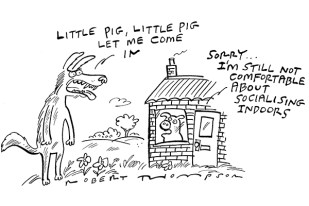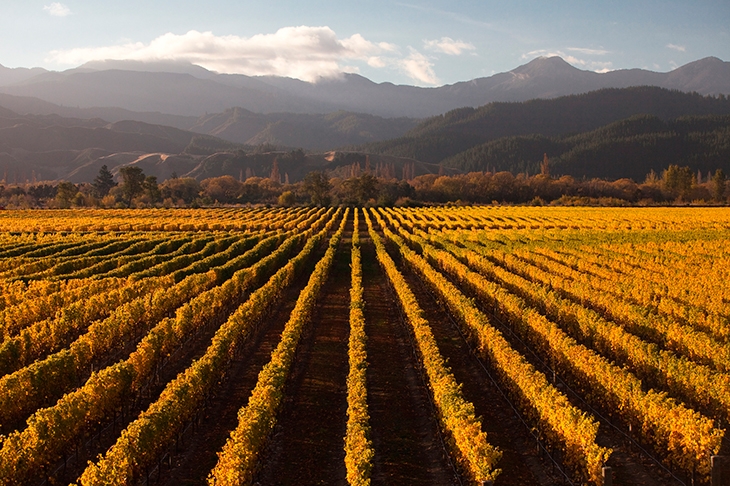The last Saturday of lockdown — inshallah — and we were discussing literature. Specifically, when does a detective story become a novel? T.S. Eliot edited the World’s Classics edition of The Moonstone and gave a copy to A.E. Housman, with the inscription: ‘The best detective story in English or any other language.’ Surely Eliot was right. The Moonstone and The Woman in White are superb detective fiction. But they are not novels. Poor Wilkie Collins did try to write novels. Nobody read them. Nobody was wise.
We more or less agreed. Ian Rankin, Reginald Hill, P.D. James, Dorothy Sayers, James Lee Burke: all regularly cross the frontier into novelism. Perhaps we should adopt the French term: roman policier. Chandler, Rex Stout, Simenon, Donna Leon, Michael Connelly, Ruth Rendell, John Harvey, Peter Robinson: detective stories, though jolly good ones. It is impossible to read a chapter of Signora Leon without an overwhelming urge to catch the next plane to Marco Polo airport, and no one is better than Stout. Susan Hill divided opinion. Some thought that she must be a novelist, because Simon Serrailler is a fascinating character but an implausible policeman.

Then there are the gloomy Swedes. It is said that Eisenhower libelled Sweden when he claimed that it had a very high suicide rate. If more authors had written like Henning Mankell, he would have been right. That said, one must exempt Stieg Larsson, with his extraordinary girl who kicked the hornet’s nest. Another poor fellow. Larsson had vast sales and was making a great deal of money. Then, shortly after turning 50, he dropped dead.
There is a further point. We British produce excellent detective-based fiction: at least per capita, we are easily the best in the world and there may be no need to introduce the per capita qualification. I wonder why.
Literature led us to New Zealand, stimulated by the wine we were drinking, of which more shortly. All of us had knocked around a bit in our reading. None could remember coming across any New Zealand author. I suggested that as Australian writers and painters are all overrated, the Kiwis had been wise to abstain. Samuel Butler — of The Way of All Flesh, not the ‘Hudibras’ one — did produce a couple of books based in New Zealand: Erewhon and Erewhon Revisited. The first one did not justify the revisit. They are curiosities, like Rasselas. Doctor Maior was not a novelist.
The only problem with New Zealand wines is that they’re usually being drunk too early
The Kiwis are good at wine: not yet in the same league as Australia’s finest, but working at it. Although there has been Cloudy Bay fatigue in London, there are plenty of other wines. Anything that I have drunk from the Kumeu River has been excellent, especially their Chardonnays and Pinot Noirs. There is only one problem. They are usually being drunk too early. There is always structure and sophistication. The wines could easily bear a lot of bottle age.
On Saturday, we drank several Kumeu products, plus a Wooing Tree Pinot Noir from Central Otago. As the evening went on, no doubt with deleterious effects on our literary assessments, the wine tasted better and better. We decided that the best Kumeu Rivers and the Wooing Tree were not far off Burgundian premier cru standard. Although there may have been an element of in vino, not quite sure about veritas, they were very palatable.
One suspects that, as is true in Australia, a lot of good wine never reaches the UK. Either the vineyards do not have a marketing budget, or they are used to selling everything that they can bottle in the local market — or they are being seduced into the Chinese market. We should encourage them to send more to the UK and perhaps even introduce us to their literature.






Comments